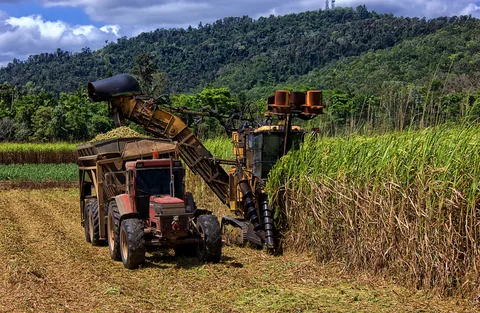The privatization of Kenya’s sugar millers has ignited a heated debate among stakeholders, with policymakers, farmers, and industry experts weighing in on the impact of transferring these assets to private hands. Treasury Cabinet Secretary Mbadi has defended the move, arguing that privatization will inject efficiency, revive struggling factories, and enhance the competitiveness of Kenya’s sugar sector.
The government has identified four state-owned sugar factories for privatization, citing years of financial mismanagement and inefficiencies that have rendered them unprofitable. Proponents believe that handing these mills over to private investors will lead to modernization, improved production, and better market prices for farmers. They argue that inefficiencies under public management have resulted in delayed payments to farmers, reduced output, and reliance on costly sugar imports.
Opposition to privatization remains strong, particularly among farmers and local leaders who fear the loss of control over a sector that directly impacts their livelihoods. Critics argue that private investors may prioritize profits over farmers’ welfare, leading to reduced cane prices and potential job losses. Some farmers worry that privatization could create monopolistic control, giving private millers the power to dictate terms unfavorable to cane growers.
Beyond farmers, policymakers are divided on whether privatization guarantees economic stability. Some leaders insist that state-owned mills can be revived through better management and investment without resorting to privatization. They advocate for government intervention to support cane farmers and regulate millers to ensure fair competition.
Sugar production has been a backbone of Kenya’s agricultural economy, and the privatization debate touches on broader concerns about food security, farmer welfare, and trade policies. Some experts highlight the need for a balanced approach that merges private investment with strong regulatory frameworks to protect farmers while enhancing efficiency.
As the government moves forward with privatization plans, all stakeholders await clarity on how investor agreements will protect small-scale farmers and ensure competitive market conditions. The coming months will determine whether privatization rejuvenates the sugar sector or further complicates existing challenges for farmers and consumers.

















